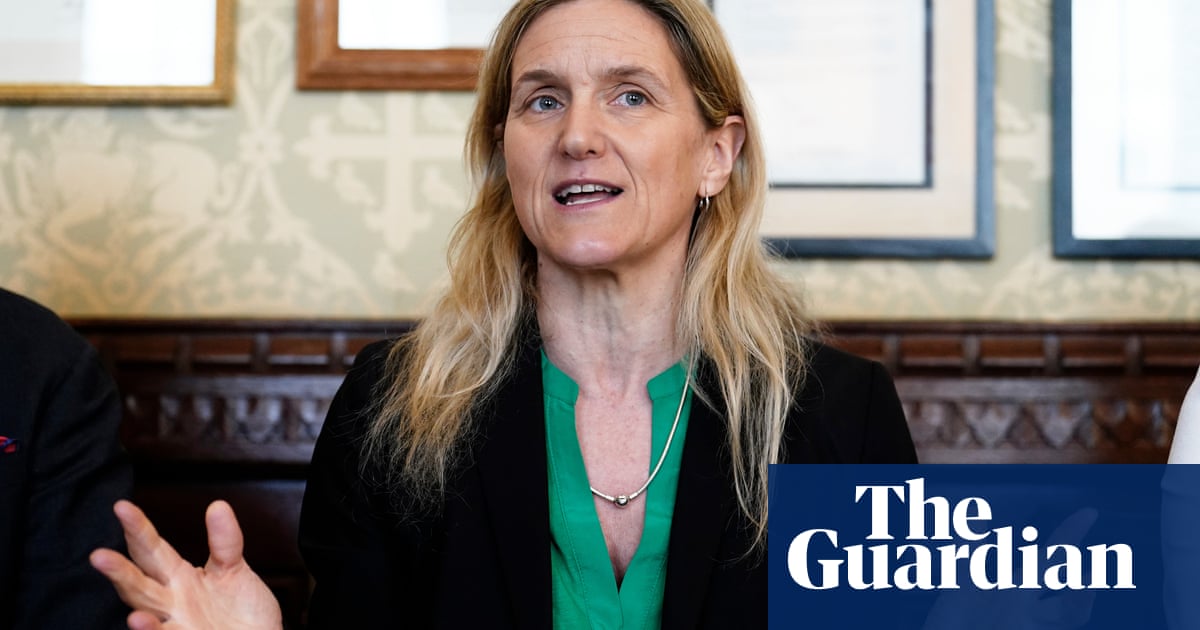Intimidating behaviour from drivers, poor infrastructure and fears over safety are deterring more women in the UK from cycling compared with men, research has found, while bike sales continue to fall after the “Covid boom”.
The barriers to cycling have widened between men and women “across every measure in the past seven years”, according to research by Cycling UK, a charitable membership organisation.
A survey commissioned by the organisation found experiences of intimidating behaviour, such as drivers overtaking too closely and other threatening incidents, decreased by 5 percentage points for men, but remained consistent for women.
More than half of women (58%) reported that their cycle journeys were limited by safety concerns and a lack of suitable infrastructure, while 36% of women also pointed to roads not feeling safe enough to cycle and a lack of dedicated cycle routes (23%) as significant barriers to cycling.
“This highlights the unique challenges women [cyclists] face, and a real need for safer streets and well-lit routes designed with the experiences of women in mind,” the report said.
The group said the importance of infrastructure and investment “cannot be overstated”, and is calling for the government to ramp up long-term investment in active travel, so it accounts for 10% of travel budgets.
Simon Irons, the data and insights director at the Bicycle Association, said tackling safety was key to encouraging cycling at all levels. “The number one barrier to cycling is consistently feeling safe on the road,” he said.
“Covid gave us safe roads and it is estimated brought 1 million extra cyclists out, which resulted in a 50% surge in largely leisure-related bike sales and a massive spike in cycling levels.”
This dipped again when cars returned, with many leisure cyclists deterred. “As the roads returned to normal, the new leisure cyclists disappeared and the industry has been dealing with the subsequent dip in sales and heavy overstocks since.”
The association’s latest annual market data service report, which covers 70% of the UK cycling market, says 2024 saw a “further decline”, with the total volume sales in 2024 “at a new low point”.
It said the number of bikes sold last year fell to 1.45 million; meanwhile, sales of e-bikes also dropped 5%, with an estimated 146,000 units sold.
Shared bikes and bike-hire schemes in particular saw a strong surge in participation last year, Irons said, but “it’s hard to prove that the growth in shared bikes has led to a decline in [bike] sales”.
after newsletter promotion
Children’s bike volumes also fell by 2%, according to the report, despite the number of children receiving Bikeability cycle training increasing year-on-year since Covid.
Emily Cherry, the chief executive of the Bikeability Trust, said the organisation has seen increased demand for loaned bikes to carry out training.
“In 2023, we recognised that we were getting more requests to loan a cycle for training. This led to us purchasing over 1,000 cycles of local authorities and, in 2023-24, they were used 16,000 times. In areas of high deprivation, we find up to two to three children do not have access to a well-maintained cycle or a place to safely store it.”
Sarah McMonagle, the director of external affairs at Cycling UK, said: “It’s important we build safe cycle routes designed with the experiences of women in mind – while also calling out bad behaviour on our roads. Gender should never play a role in whether or not people feel able to choose to cycle.”

.png) 2 days ago
7
2 days ago
7













































